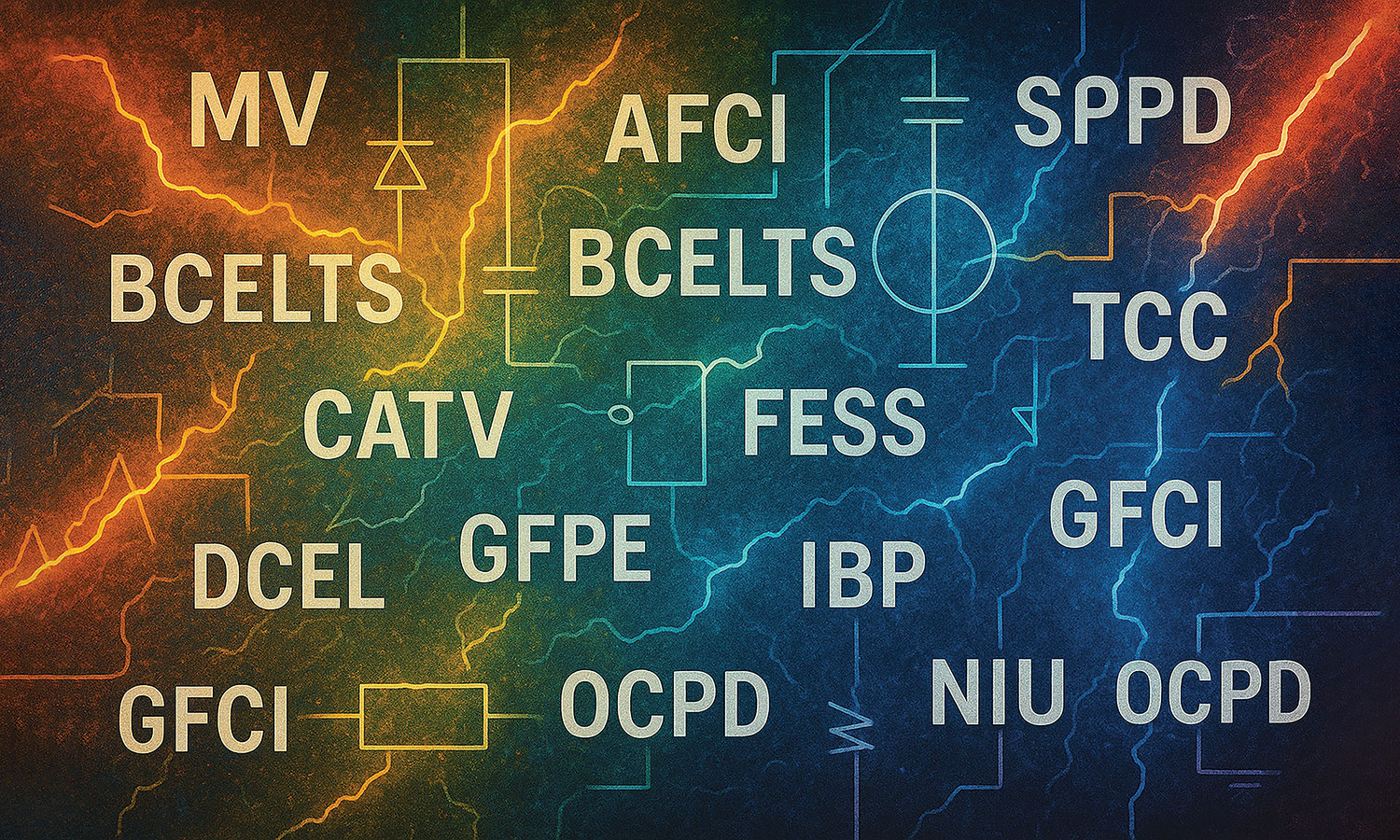After one of my gratitude workshops, a business owner remarked, “If I let my staff know that I am grateful for their performance when they fall short of a goal, I am basically giving them permission to underperform. And I just cannot allow that because we will never grow or achieve our stretch goals.”
I did not offer up a good response and his comments sent me searching for a better answer.
Here goes…
Genuine gratitude is not about accepting mediocrity. Fundamentally, gratitude is the feeling you experience when you attribute the positive aspects of your life to others. However, the state of gratitude is not limited to when things are good — but at the same time it is critical to understand that gratitude is not a Pollyanna masquerade for when things are bad simply to make them appear good.
Although gratitude is a foundation for happiness, it is not pixie dust that makes everything pleasant, at least not immediately. Genuine gratitude acknowledges the truth and sees reality for what it truly is — the good and the bad — it just allows you to do so from an appreciative perspective. This can be difficult and at times, it is near impossible.
Being appreciative about less desirable situations is tough because it is easy to focus on the negative aspects of the situation or it can be just as easy to gloss over the challenges and whitewash them with unbridled optimism. Or, as in the case of the bottom-line focused workshop participant, it can be perceived as accepting a life of mediocrity.
My response to the comments at that workshop was weak. In fact, it was somewhat embarrassing. As I drove away I wished I had said something else.
Then the analogy appeared. As a young engineer I was responsible for implementing a quality program in a large organization. Like all quality programs, we strived for continuous improvement. When mistakes were made, we jumped on them to learn — not just to fix the problem but, more importantly, to prevent the mistake from ever happening again. The investigations sought to inform not to blame.
After the investigation, we would learn something about what caused the error and we always found that some parts of our process were working just fine. Using this approach, we learned from our shortcomings and celebrated what we did well. This was our path to excellence and it was anything but mediocrity. In hindsight, we could have called them gratitude investigations.
Whether it is in your personal or professional life, gratitude actually transforms “accepting mediocrity” into “chasing excellence.” The systematic practice of gratitude parallels how one would investigate a non-conformance in a quality program. Both ideas are rooted in accepting and appreciating reality, but not for the sake of being stuck in that reality. Instead, they both know that future success is built upon the success of the current reality and what can be learned about the current reality. If you can obtain this mindset about your current reality, even if it is horrible, you’ll realize that your current reality is actually a gift.
His comment and my awkward response was a gift of enormous magnitude but it did not feel like a gift at the time. Yet, I am ever grateful he spoke up.











Find Us on Socials